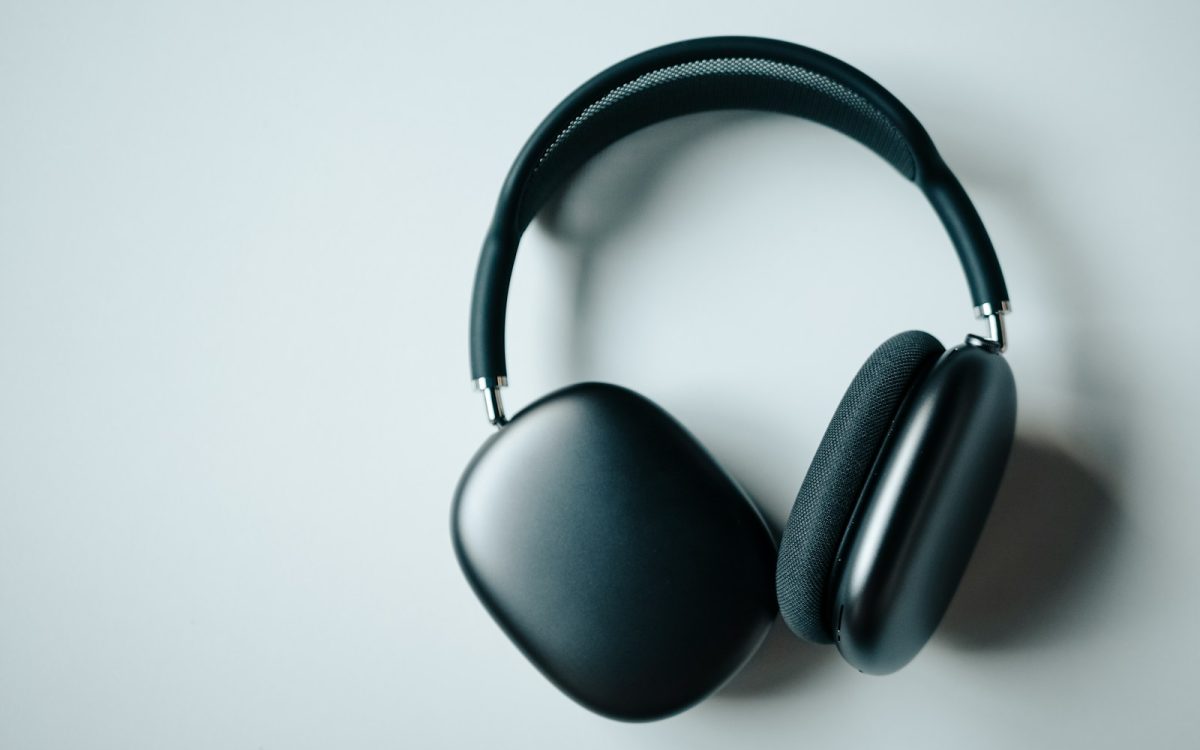Using white noise or pink noise can be an effective strategy to improve the quality and duration of your sleep. Both types of noise help by masking disruptive environmental sounds (like traffic, barking dogs, or loud neighbors) and by promoting consistent auditory environments that enhance relaxation and sleep continuity. Here’s how to use them effectively:
1. Understand the Difference Between White and Pink Noise:
– White Noise: Contains all audible frequencies played at the same intensity, similar to the static from a TV or radio. It’s sharp and has a high-frequency hiss.
– Pink Noise: Also contains all audible frequencies, but the power density decreases with increasing frequency. It sounds more balanced and soothing—like rainfall, rustling leaves, or wind.
Some people find pink noise more calming and less harsh than white noise, making it better suited for sleep in many cases.
2. Choose the Right Sound Source:
– White or Pink Noise Machines: Commercial sound machines are available with built-in white and pink noise options. These are especially useful for consistent nightly use.
– Apps and Websites: Many sleep and meditation apps (like Calm, Headspace, or White Noise Lite) offer white and pink noise tracks. There are also websites (e.g., myNoise, SimplyNoise) and YouTube videos specifically designed for sleep.
– Smart Speakers: Devices like Amazon Echo or Google Home can play white/pink noise on command by requesting sleep sounds or ambient noise.
3. Find a Comfortable Volume Level:
– Set the noise level at a comfortable, non-distracting volume. It should be loud enough to muffle sudden background noises but not so loud that it becomes a new source of disturbance.
– Generally, a volume around 50 decibels is considered safe and effective for sleep use.
4. Use a Timer If Needed:
– If you don’t want the sound to play all night, use a timer or sleep mode (many apps and machines have this feature) to turn the noise off after you fall asleep.
– However, some people benefit from continuous playback throughout the night to prevent early awakenings.
5. Position the Sound Source Wisely:
– Place the device at a distance from your bed (a few feet away), ideally between your sleeping position and the source of unwanted noise.
– Avoid placing speakers or devices directly against your head/ears to prevent hearing damage or discomfort.
6. Integrate into a Wind-Down Routine:
– Start playing the noise 15–30 minutes before bed as you begin your bedtime routine (e.g., reading, meditating).
– This can condition your brain to associate the sound with getting sleepy, making it more effective over time.
7. Consider Using Overnight:
– For people who wake easily or live in noisy areas, running white or pink noise all night can help prevent insomnia or frequent awakenings by maintaining a consistent sound environment.
8. Monitor the Effects:
– Be mindful of your sleep quality. If you feel more rested, fall asleep faster, or sleep longer, the noise may be aiding your rest.
– If you feel disturbed by the sound or experience headaches, ear ringing, or difficulty sleeping, try adjusting volume, switching from white to pink noise, or discontinuing use.
Tips:
– Pink noise has been associated with deeper sleep cycles and improved memory consolidation in some studies—experiment with both types to determine which helps you most.
– Babies and children may respond well to white or pink noise, but volume and exposure time should be monitored carefully.
Conclusion:
Using white or pink noise to improve sleep is an inexpensive, non-invasive technique that works well for many people. Experiment with different types of noise, delivery methods, and soundscapes until you discover what best supports your sleep needs.





